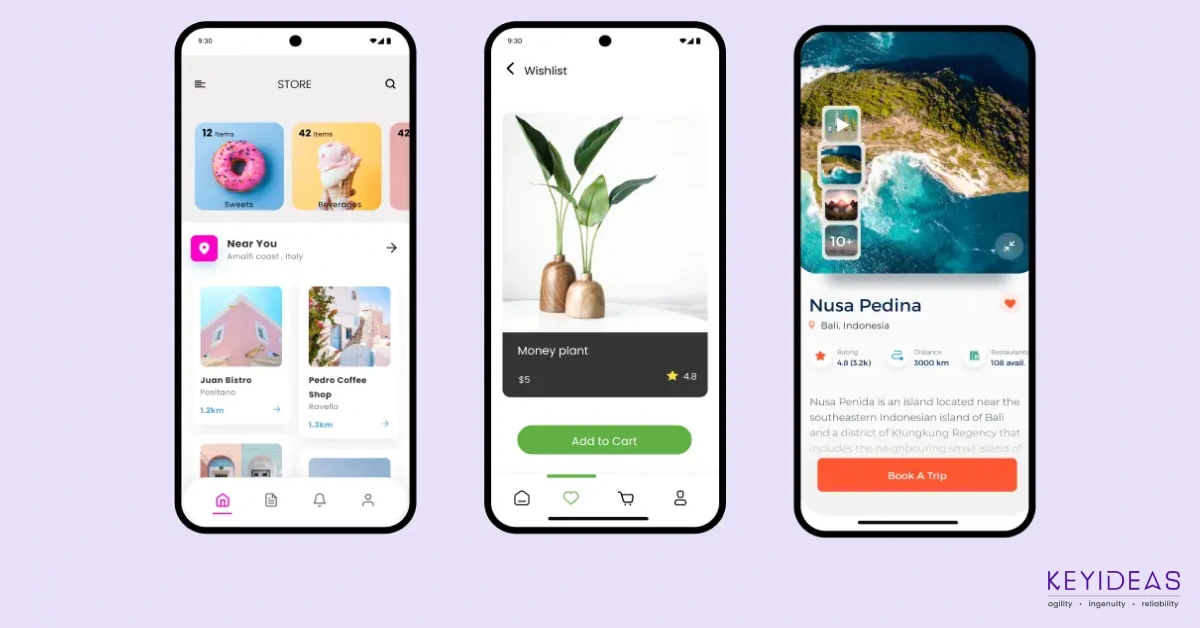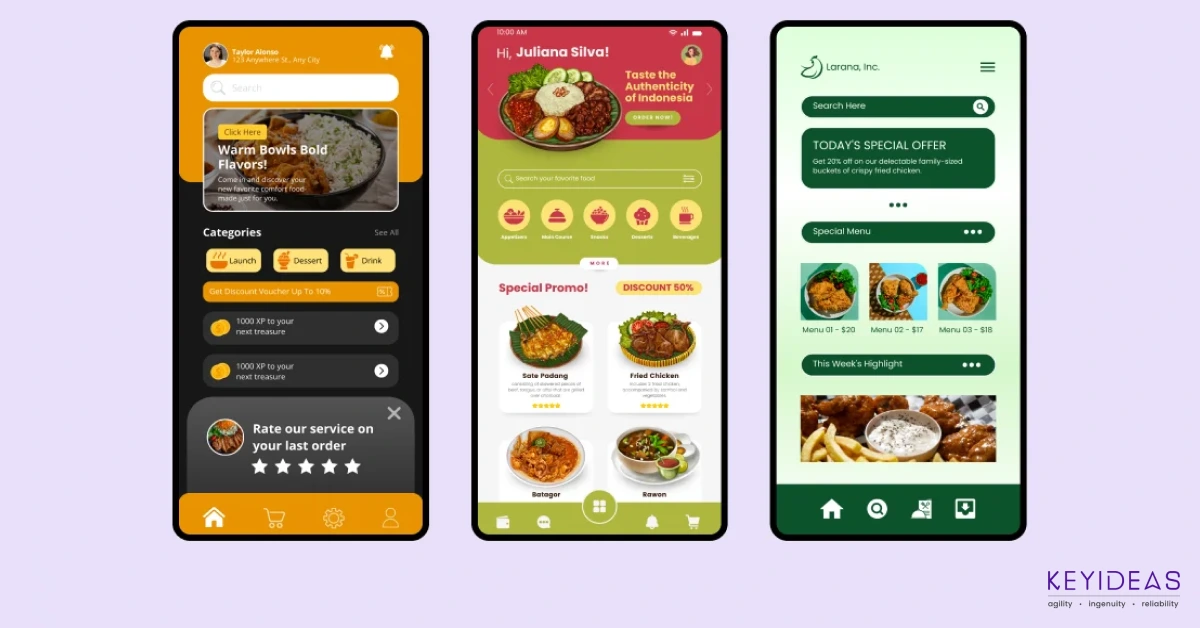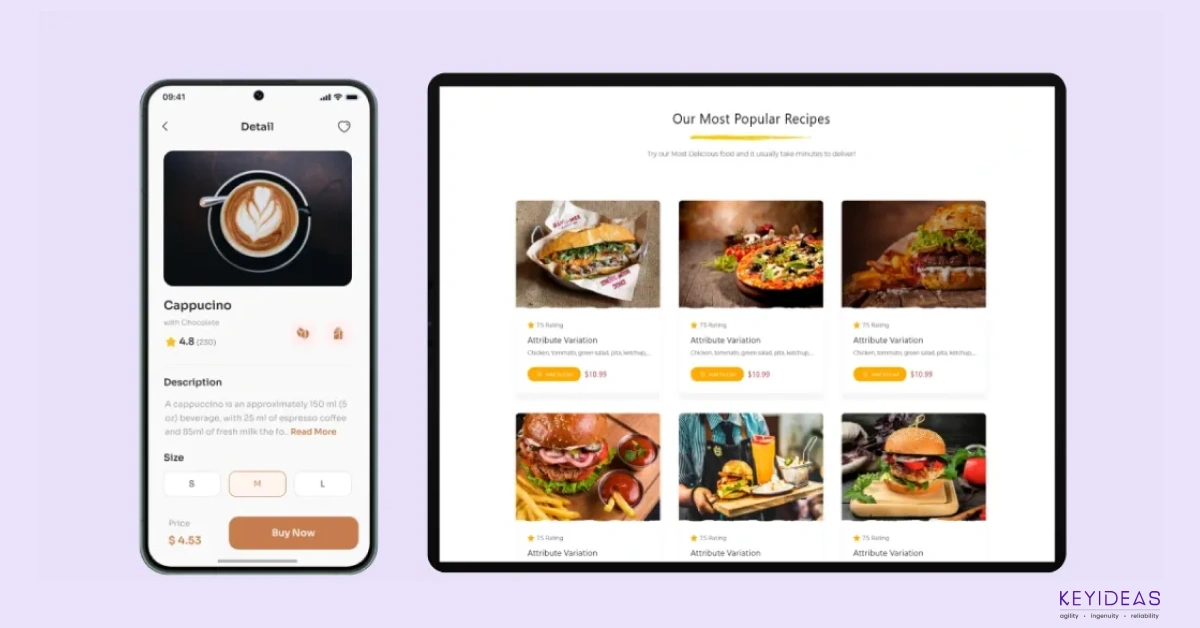
Native vs. HTML5 – Which is Right for You?
In today’s digital landscape, mobile app development has become essential for businesses of all sizes, and one of the most critical decisions you’ll face is choosing between native and HTML5 app development.
Each approach has its unique strengths and trade-offs, and making the right choice can greatly impact your app’s success, performance, and cost-effectiveness. In this blog, we’ll dive into the pros, helping you decide which is best for your needs.
What is HTML5 App Development?
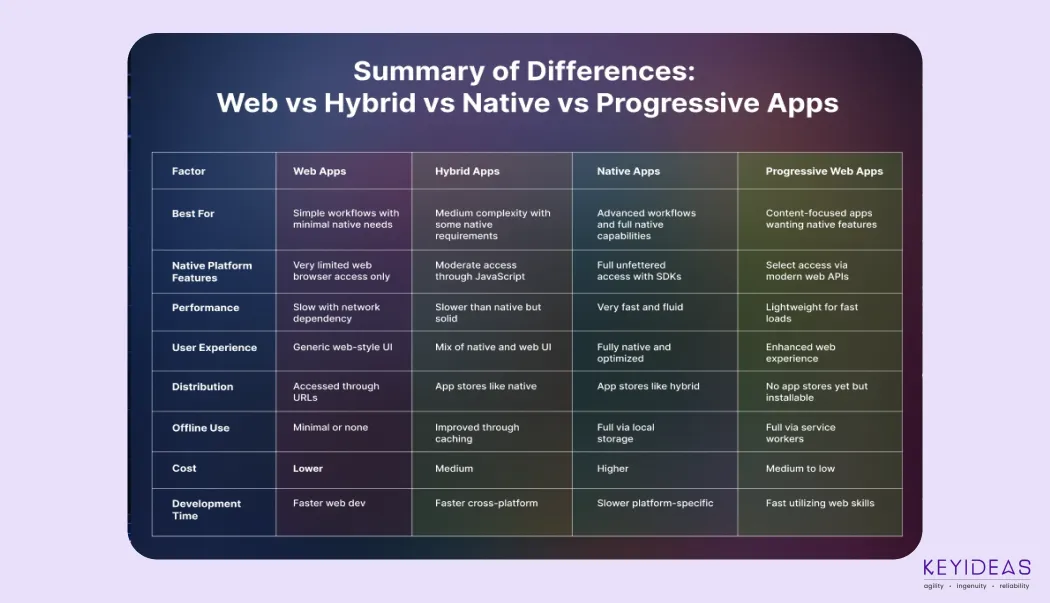
HTML5 apps, also known as web apps or hybrid apps, are built using web technologies like HTML, CSS, and JavaScript. These apps are designed to run within a web browser but can be customized to look and feel like native apps. Hybrid frameworks, such as Apache Cordova and Ionic, allow developers to create apps that work across multiple platforms with a single codebase.
Cross-Platform Compatibility: Write once, deploy everywhere! HTML5 apps are compatible with multiple platforms, making them ideal for reaching a wider audience.
Cost-Effectiveness: A single codebase reduces development and maintenance costs significantly.
Faster Development: With only one codebase to create, testing and deployment times are quicker.
Easy Updates: Since the app is browser-based, updates can be made quickly without needing user downloads.
What is Native App Development?
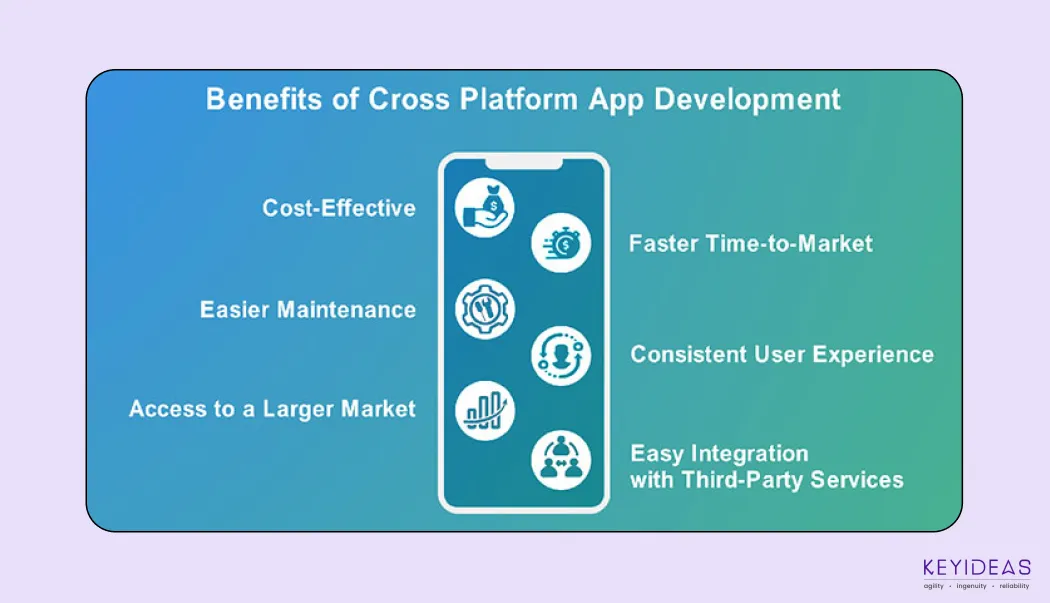
Native app development involves building an application specifically for a particular operating system, like iOS or Android, using platform-specific programming languages—Swift or Objective-C for iOS and Java or Kotlin for Android.
This approach allows developers to harness the full potential of each platform, delivering high performance, superior user experience, and deep integration with device features.
Performance: Native apps are optimized for the platform they’re built on, resulting in smooth, fast, and reliable performance.
User Experience: The design and functionality can be tailored to match platform-specific user expectations, ensuring a seamless and intuitive experience.
Full Access to Device Features: Native apps can easily integrate with device-specific features such as GPS, camera, push notifications, and biometrics.
Offline Capabilities: With native development, apps can be designed to work offline, allowing access even without an internet connection.
Native vs. HTML5: Choosing the Right Approach
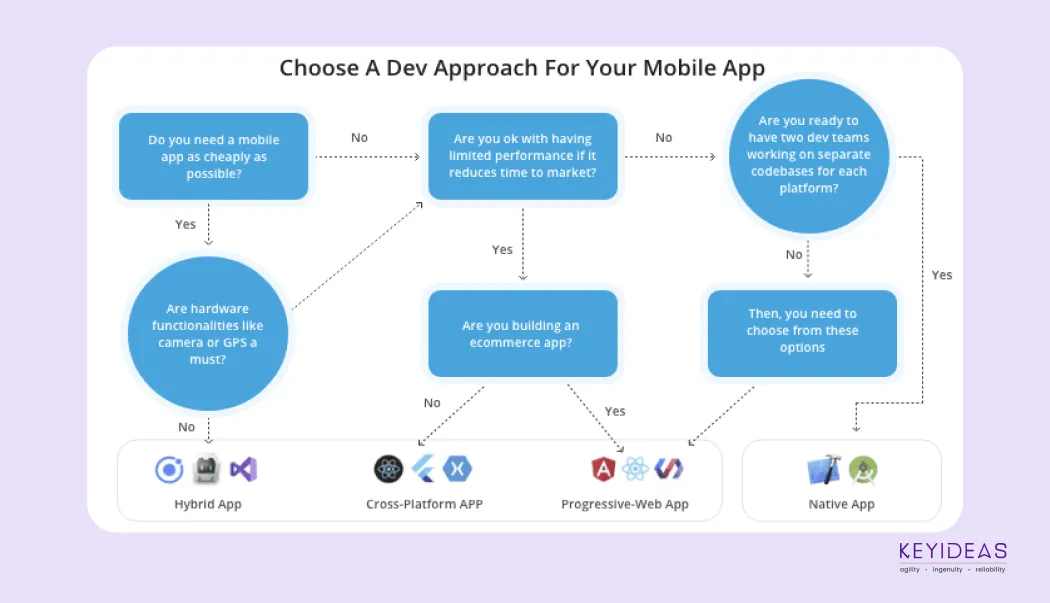
Opt for Native Development
Performance is Critical: Apps with high-performance needs, such as games or media-intensive applications, benefit from native development.
You Need Device-Specific Features: Apps that rely heavily on device features, like camera, GPS, or push notifications, are best developed natively.
User Experience is a Top Priority: If your users demand a polished, platform-specific experience, native apps offer a level of customization that HTML5 apps can’t match.
You Have a Larger Budget and Timeline: Native development requires more resources, making it suitable for businesses with the budget and time for long-term investment.
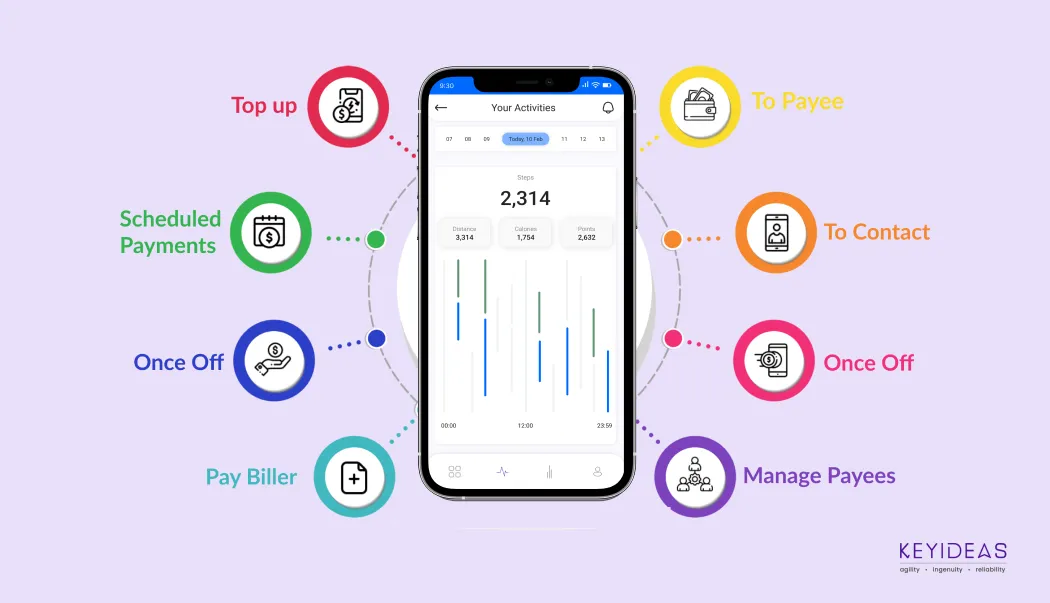
Opt for HTML5 Development
Cross-Platform Compatibility is Essential: HTML5 is ideal for apps that need to reach a wide audience across multiple platforms quickly.
You’re Working on a Tight Budget: HTML5 development saves time and money by using a single codebase.
You’re Building a Simple App: If your app doesn’t need complex functionalities or intensive performance, HTML5 can get the job done effectively.
Rapid Deployment is a Priority: For startups and companies looking to launch a minimum viable product (MVP) quickly, HTML5 is a faster, more affordable route.
Choosing the Right Path for Your Mobile App: Native vs. HTML5
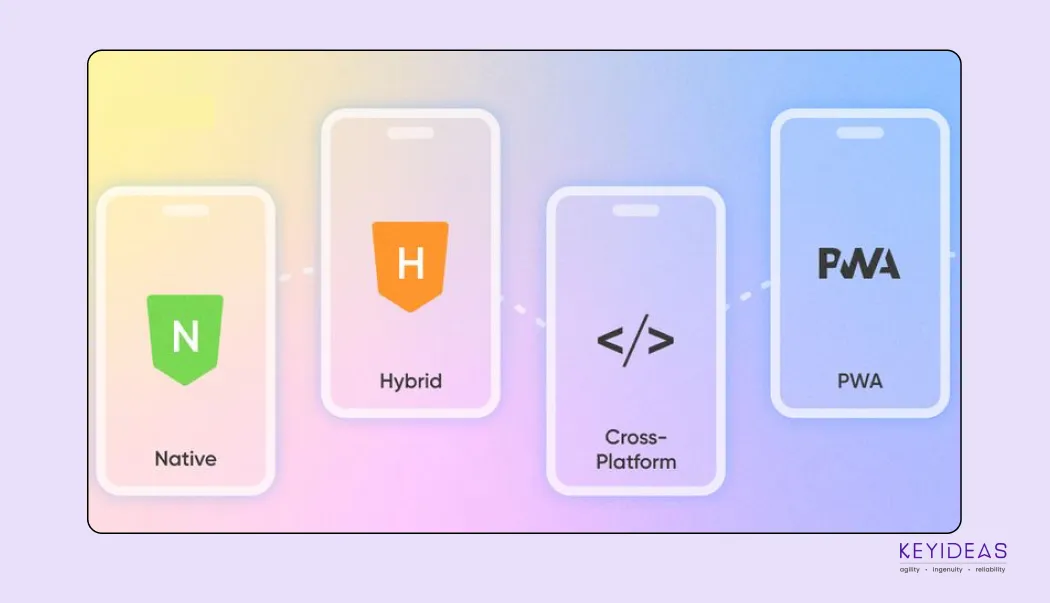
Decision Driven by Goals, Budget, and Timeline: The choice between native and HTML5 largely depends on your app’s specific requirements, available budget, and desired timeline for deployment.
Consider Budget and Timeline: Native apps require more investment and time but deliver a superior user experience. HTML5 apps are budget-friendly and quick to develop, making them ideal for reaching a broad audience quickly.
Mobile e-Commerceis a natural progression of eCommerce as Mobile e-Commerce Increase Customer Loyalty and Retention of the customer.
Apple's iBeacon ios app enables retailers to extend tailored messages when the customer is in-store thus reducing marketing efforts and costs for them.
Now more than ever, restaurant owners should take advantage of mobile applications to help them improve and grow their business.
Apple's iBeacon technology is redefining many sectors remarkably like iBeacons in retail and education & are no different.
